Dizziness in Kids – Causes, Signs and Treatment

Dizziness in children is often difficult to detect. Children are at times unable to explain the problem properly and, in their playfulness, may not notice it at all. If a healthy child suddenly feels lightheaded or unsteady, there is not much to worry about. It may be a natural phenomenon caused by a simple spinning motion during playtime or due to moving up very fast from a particular position.
Please also note that vertigo and dizziness are not one and the same thing. Dizziness is an overall feeling of being lightheaded, unsteady, disoriented etc. symptoms of which we will discuss in detail in a section below. Vertigo, on the other hand, is a different and definite kind of dizziness. Vertigo in children may be suspected if they complain of dizziness accompanied by a spinning sensation of the entire room and the sensation of titling, rocking and/or flipping.
However, if either vertigo or dizziness persists and aggravates you should consult your doctor immediately because studies indicate that many of the cases of dizziness in children go unreported because they cannot be identified easily.
Common Causes of Dizziness in Kids
The cause of dizziness in children is varied. One has to identify whether the childhood dizziness causes is physiological or psychological. Dizziness is caused by the conditions mentioned below (1):
1. Ear Problems
Ear problems can play a significant role in causing dizziness in children. Disorders of the inner ear, like Meniere’s disease, disrupt balance and can lead to vertigo, ringing in the ears (tinnitus), and hearing loss. Additionally, fluid buildup in the inner ear, often due to infections, can cause spinning sensations and dizziness, especially when moving. Other infections, such as labyrinthitis or vestibular neuritis, can also inflame the inner ear, affecting balance and leading to dizziness and fever in children.
2. Brain or Head Problems
Brain or head problems can also cause dizziness in children. Migraines, particularly vestibular migraines, may lead to vertigo, light sensitivity, and nausea without the typical headache. Epilepsy affects communication between brain cells and can cause seizures that result in dizziness or loss of balance, sometimes without visible convulsions. Chiari 1 malformation occurs when brain tissue extends into the spinal canal, causing headaches, neck pain, and dizziness due to pressure on the brain. Genetic ataxias, which are disorders affecting muscle coordination, can also lead to dizziness. Additionally, brain tumors may put pressure on areas of the brain responsible for balance, resulting in dizziness and coordination problems. Finally, head injuries, such as concussions, can lead to dizziness due to trauma to the brain.
3. Other Medical Problems
Other medical problems can also cause dizziness in children. Benign paroxysmal vertigo leads to brief episodes of dizziness triggered by certain head movements, affecting balance. Mal de debarquement syndrome can cause a persistent rocking sensation after boat trips, making kids feel dizzy on solid ground. Sudden drops in blood pressure, often from standing up too quickly, can lead to lightheadedness or fainting. Hyperventilation, usually due to anxiety, can decrease carbon dioxide levels and cause dizziness. Conditions like hypothyroidism and anemia can lead to dizziness due to low hormone or oxygen levels in the blood. Cardiac issues may also reduce blood flow to the brain, causing dizziness, while dehydration and muscle pain can worsen these symptoms, affecting a child’s balance.
4. Psychological Distress
Psychological factors, including stress, trauma, or emotional disturbances, can lead to dizziness. This may manifest as a feeling of lightheadedness, particularly during stressful situations, making it important for caregivers to address emotional well-being.
5. Hysteria
Hysteria, or conversion disorder, can lead to physical symptoms like dizziness without a medical cause. It’s often triggered by psychological stress, and children may exhibit dizziness as a manifestation of their emotional state.
6. Seizures
Certain types of seizures can cause transient episodes of dizziness or confusion. For instance, absence seizures may lead to brief lapses in consciousness, accompanied by dizziness or disorientation upon regaining awareness.
7. Anxiety
Anxiety disorders in children can cause dizziness, particularly during panic attacks. Symptoms may include rapid heartbeat, shallow breathing, and feelings of impending doom, which can lead to a sense of unreality and dizziness.
8. Hypoglycemia
Low blood sugar, or hypoglycemia, occurs when a child’s glucose levels drop too low, often due to missed meals or excessive physical activity. Symptoms include dizziness, weakness, irritability, and confusion, necessitating immediate treatment with glucose or food.
9. Side Effects of Medications
Some medications, such as antihistamines, sedatives, or certain antibiotics, can cause dizziness as a side effect. Parents should monitor their children for any new symptoms following medication changes and consult healthcare providers as needed.
10. Allergies
Severe allergic reactions, such as anaphylaxis, can cause dizziness due to sudden drops in blood pressure or swelling affecting the airways. Children may also experience dizziness during seasonal allergies due to sinus pressure or congestion.
Signs and Symptoms of Dizziness
The first step is to understand if the child is really suffering from clinical dizziness. Watch out if the child persistently complains of a feeling of being (2):
- Light-headed
- Heavy-headed
- Foggy or cloudy sensation
- Woozy movement or feeling
- Spinning head
- Unsteady gait
- Darting/jumping eyes
In very young children it is very difficult to detect. Watch out if the child:
- Reports that his/her tummy or head feels uncomfortable
- Walks unsteadily
- is clumsy in his activities
- Tends to fall down
- Displays disturbance or developmental delay in motor skills like difficulty on holding the head upright, crawling, standing and finally walking.
In extreme cases, dizziness may be accompanied by unconsciousness/fainting as well. Please see a doctor for treatment immediately.
Risk and Complications of Dizziness in Children
Here are some key risks and complications associated with dizziness in children:
1. Injury from Falls
Dizziness can significantly impair balance and coordination, increasing the risk of falls. Children may not be able to react quickly enough to prevent themselves from falling, potentially leading to injuries such as fractures, sprains, or head trauma.
2. Impact on Daily Activities
Frequent dizziness can affect a child’s ability to engage in daily activities, including school, sports, and social interactions. This can lead to decreased participation in physical activities and hinder overall development.
3. Psychological Effects
Chronic dizziness can contribute to anxiety and depression in children. The uncertainty of when dizziness might occur can lead to increased fear and worry, affecting a child’s quality of life.
4. School Performance Issues
Dizziness can impact concentration, focus, and overall cognitive function, leading to difficulties in school performance. Children may struggle to keep up with their peers academically, which can affect their self-esteem.
5. Medication Side Effects
In cases where dizziness is treated with medication, side effects may occur, potentially causing further dizziness or other health issues. This may require careful monitoring by healthcare professionals.
6. Poor Sleep Quality
Dizziness can interfere with sleep patterns, leading to poor-quality sleep. Sleep disturbances can exacerbate dizziness and contribute to fatigue, impacting a child’s mood and daily functioning.
7. Developmental Delays
In some cases, chronic dizziness may lead to developmental delays if it interferes with a child’s ability to explore their environment and engage in physical activities. This may impact motor skills and coordination development.
How to Diagnose Dizziness in Kids
If your child frequently reports feeling dizzy or shows signs of dizziness, it’s important to consult a doctor. The physician will conduct a physical exam and review your family’s medical history to help identify the cause. They may also suggest several tests, including audiometry, vestibular function tests, electronystagmography, blood tests, CT scans, and X-rays, to gather more information.
How to Treat Dizziness in Children
Dizziness can be temporary and does not require treatment if it is caused by simple movement changes during playtime or a simple ear infection. However, treatment is required if the child complains of persistent dizziness. The treatment will depend upon the main cause of dizziness. Some of the possible treatment methods are (3):
- In the case of Meniere’s disease, diuretics are used to reduce water retention.
- Increased water intake and salt intake in case of dehydration.
- Rehabilitation exercises and physical therapy like head exercises for vertigo.
- Cardiac interventions if any heart problems are detected.
- Conventional treatment, therapy and medication for anaemia, epilepsy, migraine, Chiari 1, genetic ataxia, head injury, and developmental issues.
- High-dose steroids and vestibular rehabilitation under a specialist may be recommended for dizziness that is caused due to a viral infection, does not resolve on its own and causes long-term balance deficits for weeks, months or even years.
- In dizziness caused by certain vestibular problems accompanied by anxiety, doctors may suggest habituation-based vestibular rehabilitation with a physical therapist, cognitive behavioural therapy and selective serotonin reuptake inhibitor (SSRI) therapy.
- Surgery, in rare cases, such as severe brain tumours.
When to Consult a Doctor
You should see a doctor immediately if the child complains of dizziness along with:
- Head injury
- Stiff neck
- High fever
- Vision problems
- Loss of hearing
- Speech problems
- Weakness in the legs or difficulty walking
- Chest discomfort/pain and/or breathing problems
- Slow pulse
FAQs
1. Can a child’s growth spurts cause dizziness?
Yes, during rapid growth phases, children may experience dizziness. This can occur due to changes in blood flow or fluctuations in blood pressure as their bodies adjust to new growth. If dizziness coincides with a noticeable growth spurt, it may not be a cause for concern but should still be monitored.
2. Can dizziness in children be related to video game use?
Yes, excessive video game use can contribute to dizziness in children. Long periods of screen time, especially with fast-paced or immersive games, can lead to motion sickness or visual overstimulation, causing feelings of dizziness or imbalance. It’s important to encourage regular breaks during gaming sessions.
3. Could environmental factors like air quality lead to dizziness?
Yes, poor air quality can lead to dizziness in children. Exposure to pollutants, allergens, or high carbon dioxide levels indoors can cause respiratory issues and affect oxygen levels, potentially leading to dizziness. Ensuring good ventilation and air quality in your home can help mitigate this risk.
4. Can changes in weather or barometric pressure trigger dizziness in kids?
Yes, some children may be sensitive to changes in weather or barometric pressure. Rapid shifts, such as during storms or when moving from high to low altitudes, can trigger dizziness or feelings of unsteadiness in susceptible children. If your child frequently experiences dizziness during these changes, it might be worth discussing with a healthcare professional.
Since dizziness is difficult to detect in children, you must not ignore any complaints, signs or symptoms. It is important to get treatment early because dizziness may be caused by some serious underlying diseases.
References/Resources:
1. Pediatric Dizziness; Children’s National Hospital; https://www.childrensnational.org/get-care/health-library/dizziness
2. Dizziness; Seattle Children’s Hospital; https://www.seattlechildrens.org/conditions/a-z/dizziness/
3. Vertigo (dizziness); Children’s Hospital of Philadelphia; https://www.chop.edu/conditions-diseases/vertigo-dizziness#treatment
4. Dizziness, vertigo, and balance disorders in children; Boston Children’s Hospital; https://answers.childrenshospital.org/dizziness-balance-disorders-children/
5. Dizziness and Fainting in Children and Teens; American Academy of Pediatrics; https://www.healthychildren.org/English/health-issues/conditions/head-neck-nervous-system/Pages/Dizziness-and-Fainting-Spells.aspx
6. Kerber. K; Vertigo and Dizziness in the Emergency Department (Emergency Medicine Clinics of North America); National Library of Medicine; https://www.ncbi.nlm.nih.gov/pmc/articles/PMC2676794/; February 2010
7. Labyrinthitis; C.S. Mott Children’s Hospital; https://www.mottchildren.org/health-library/hw265594
Also Read:
Nausea in Kids
Nightmares in Children
Childhood Fears and Phobia
Altitude Sickness in Babies & Kids
Was This Article Helpful?
Parenting is a huge responsibility, for you as a caregiver, but also for us as a parenting content platform. We understand that and take our responsibility of creating credible content seriously. FirstCry Parenting articles are written and published only after extensive research using factually sound references to deliver quality content that is accurate, validated by experts, and completely reliable. To understand how we go about creating content that is credible, read our editorial policy here.






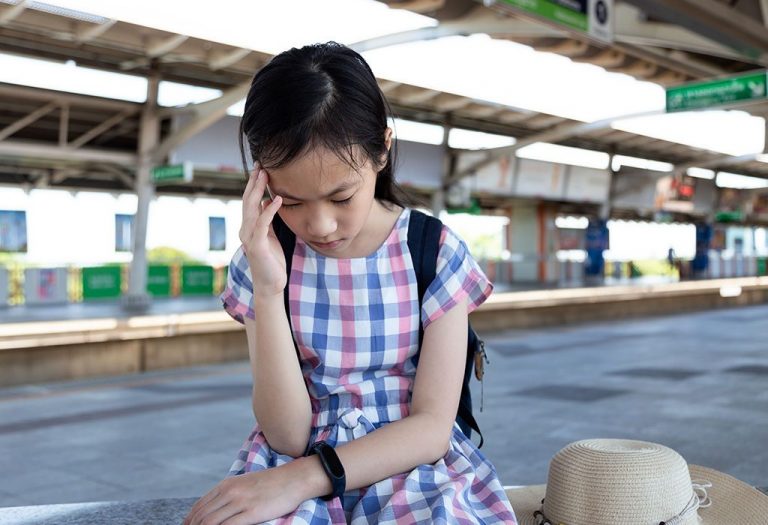
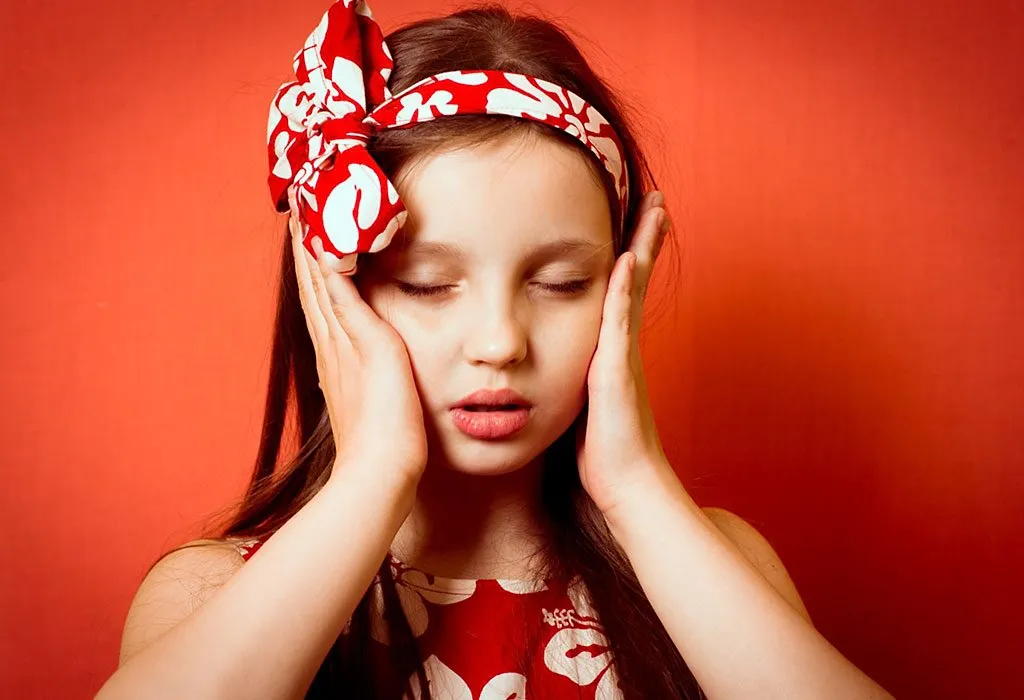
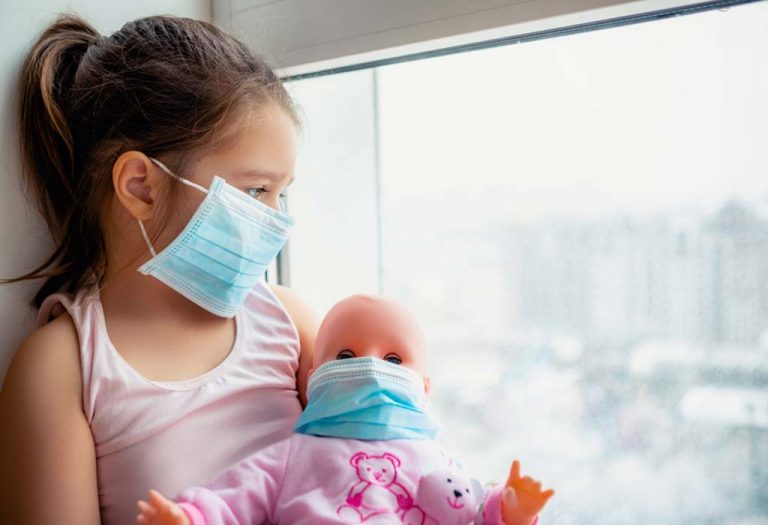
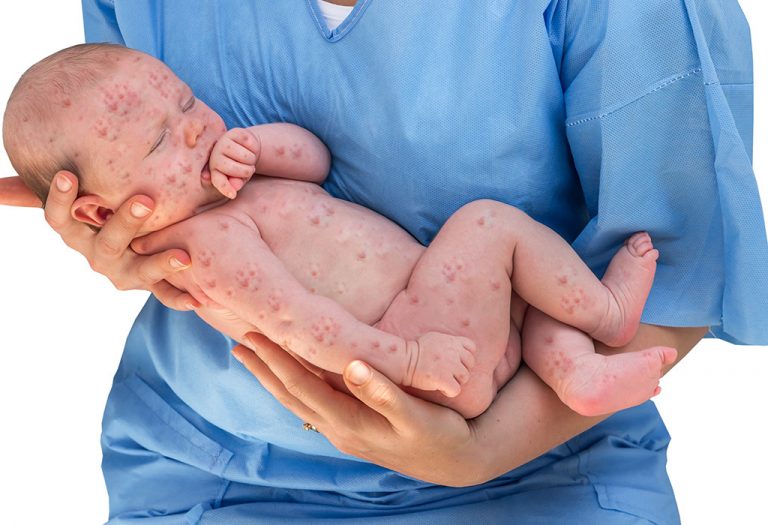
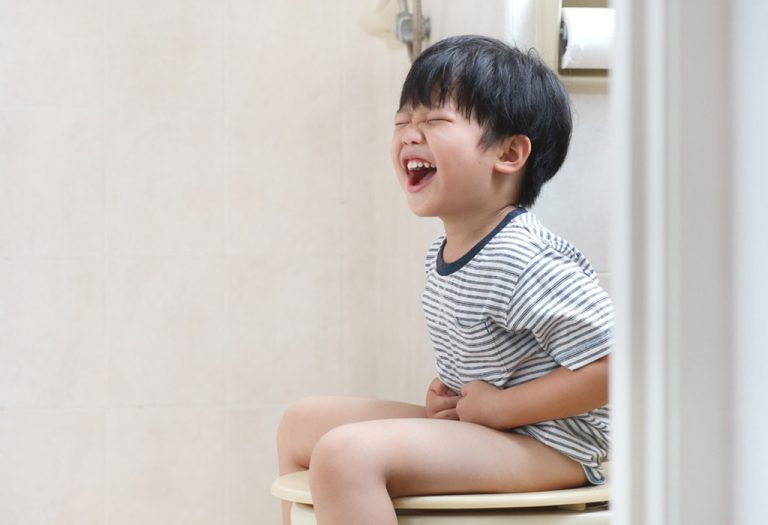
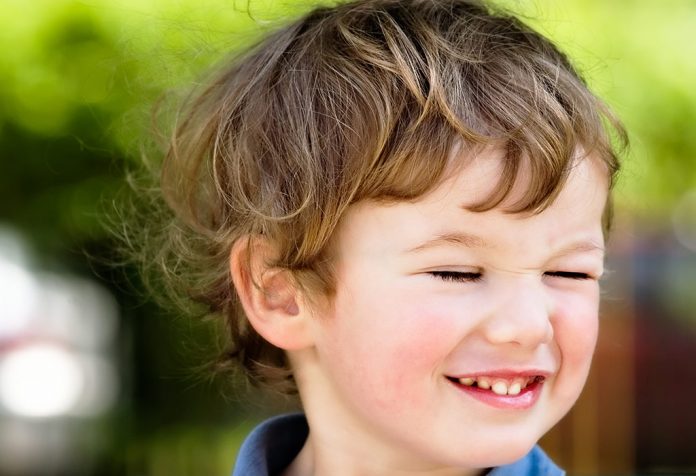
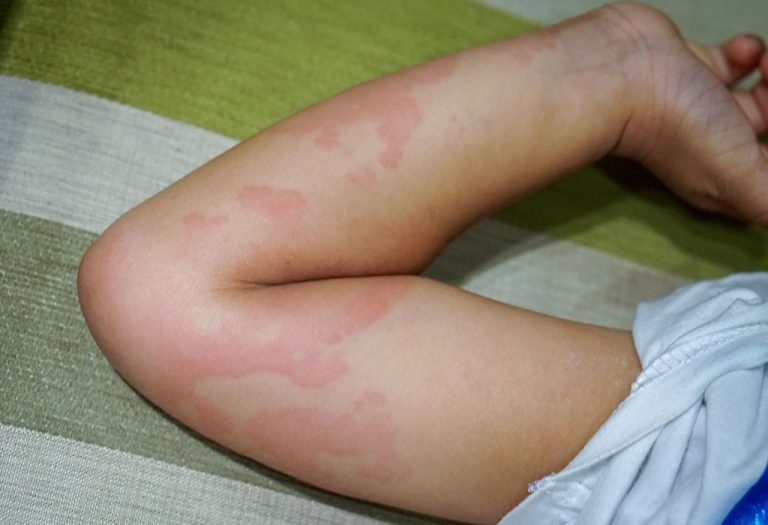
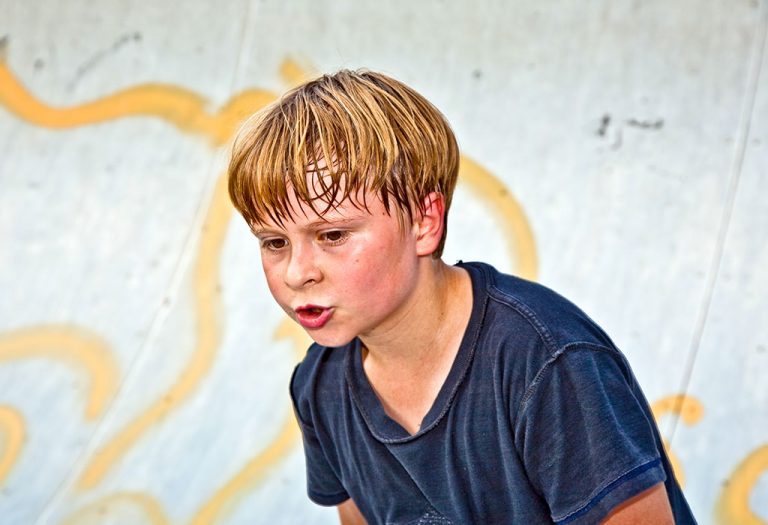

.svg)
















